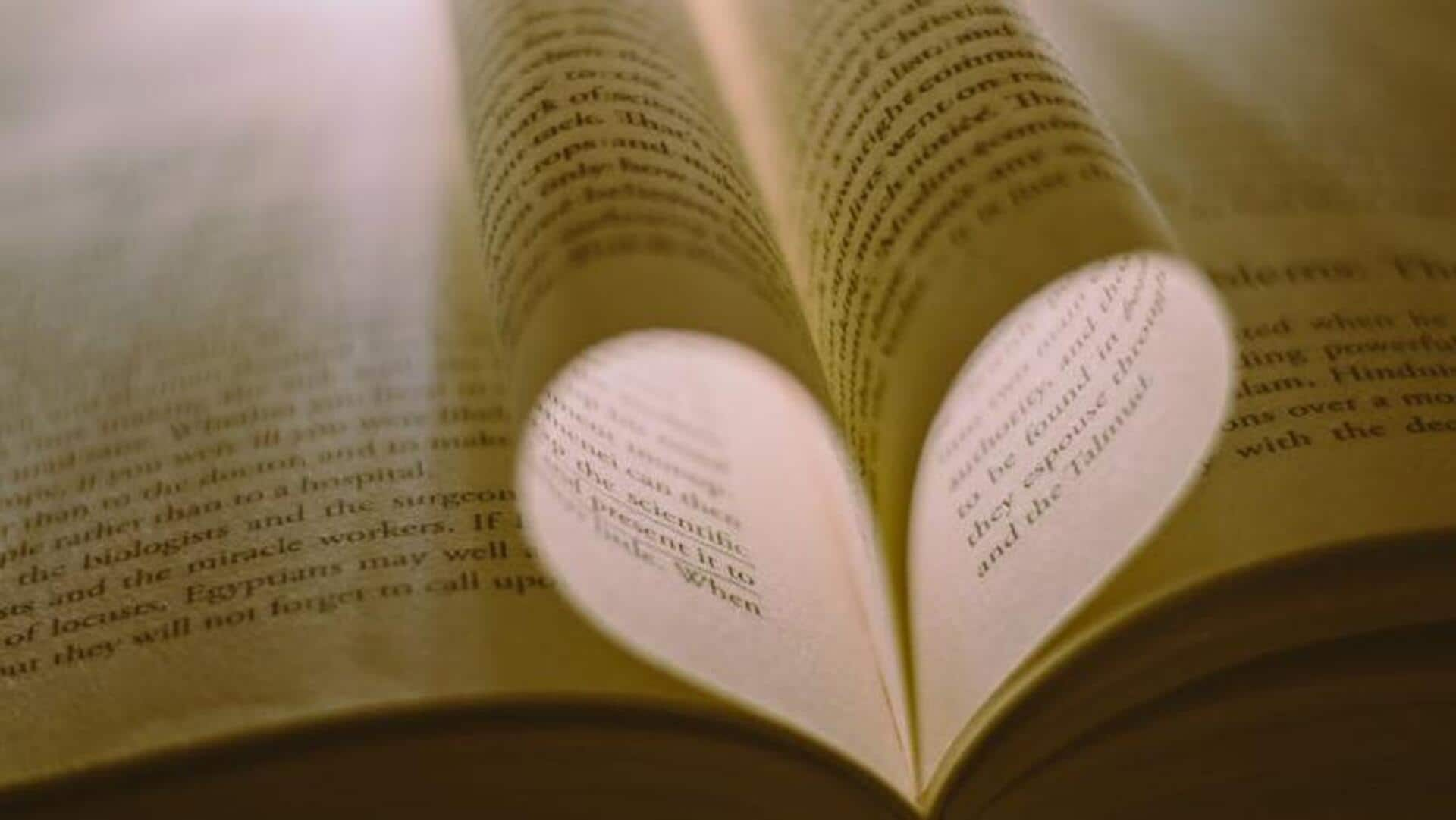
Life-changing philosophical books that you should read
What's the story
Philosophy, the love of wisdom, prompts us to question our existence, ethics, and happiness. Icons from various fields share reads that have shaped their thinking and actions. This article curates books recommended by notable figures to challenge and enrich our understanding of life. It offers a chance to explore profound ideas that provide deeper insight into our existence and the world around us.
Book 1
'Meditations'
Meditations by Marcus Aurelius, recommended globally, is more than a book. It's a guide through the Roman emperor's writings, offering Stoic philosophy insights. Aurelius discusses virtue, rationality and the cosmos with timeless relevance. This work teaches resilience, self-discipline and the significance of recognizing one's cosmic place, making it a crucial read for understanding life's deeper aspects.
Book 2
'The Art of Happiness'
The Art of Happiness by Dalai Lama and Howard C. Cutler brings forward a blend of Eastern spiritual tradition with Western psychology. The Dalai Lama shares his perspectives on achieving lasting happiness in modern society through conversations with psychiatrist Howard C. Cutler. This book delves into human desires, emotions, and relationships' complexities while offering practical advice on cultivating peace and happiness within oneself.
Book 3
'Man's Search for Meaning'
Man's Search for Meaning by Viktor E. Frankl is often cited as transformative by scholars, psychologists, and celebrities alike. Frankl's experiences as a concentration camp inmate led him to develop logotherapy—a form of existential analysis focusing on finding one's purpose through suffering. This powerful narrative provides profound insights into human resilience and the quest for meaning beyond circumstances.
Book 4
'The Tao Te Ching'
The Tao Te Ching by Lao Tzu, revered by philosophers and spiritual leaders, offers profound Eastern philosophy insights. Written over two millennia ago, it discusses governance and warfare but focuses on living in harmony with nature and simplicity. This ancient text's principles on balance and minimalism are deeply relevant today, guiding readers to understand life and themselves better.